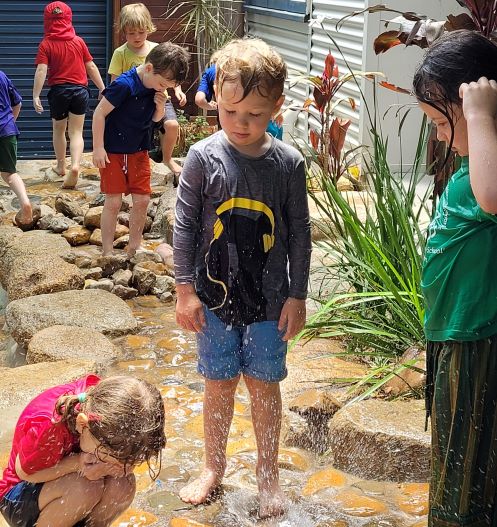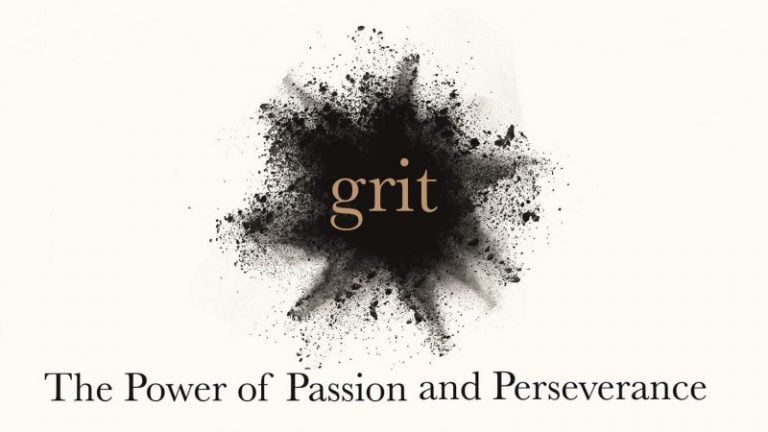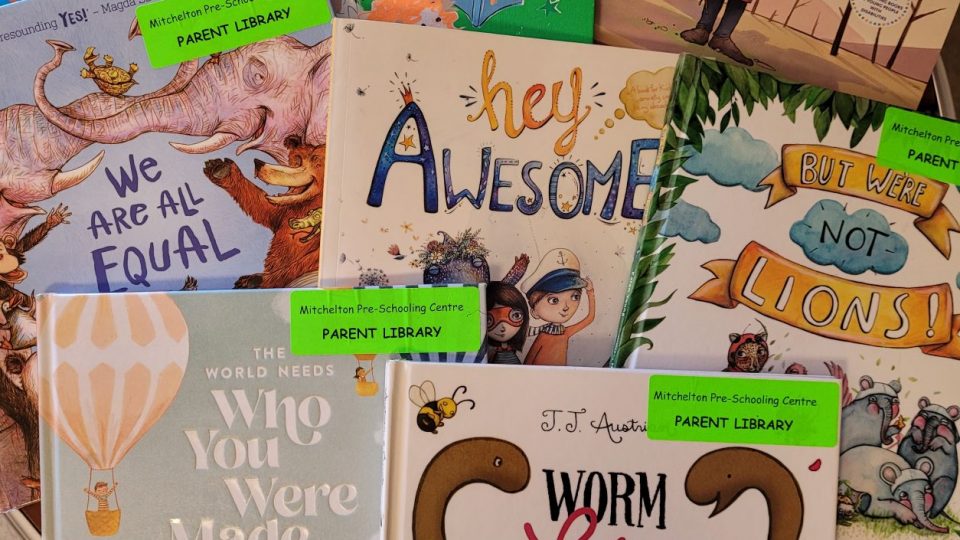
Link between movement, screen time and executive functioning.
October 7, 2022
Transitions and change
December 1, 2022My 2 year old granddaughter spent 20 minutes trying to do up the buttons on her pyjama shirt, rejecting any offers to help. (I was keen to help because it was bedtime!). She had success with one and finally another and the look of joy on her face was priceless.
Is that grit, determination or perseverance? What’s the difference? Is it an attribute of successful people? Is it something that can be learned?
According to Psychology Today (Grit | Psychology Today), grit summons both passion and perseverance in service of a long-term goal. Determination is more about having a strong belief in yourself than it is about stubbornness or resilience. Perseverance, on the other hand, is about refusing to give up even after repeated failures. It means staying committed to your goals no matter what happens.
I’m in the camp that believes grit is an attribute that helps you attain a measure of success through endurance, perseverance, resilience, passion, hard work, and practice, practice, practice.
My Soph was willing to persevere and determinedly thwarted any attempts of help. Others would have readily accepted help, maybe because doing something by themselves was not important to them at the time. Motivation plays a strong part.
Is it something we can or should encourage in children? My view… absolutely yes.
The next question is how. For children like Soph who are highly motivated to be independent, grit, determination and willingness to persevere seem to be a part of her current make-up. For others who would like anyone else to do things for them, different strategies may need to be considered:
- Firstly, stop doing things automatically for them and encourage them to have-a-go allowing time to practise.
- Be aware of what motivates them (e.g. telling dad/mum when home how hard you tried).
- Bring in First/Then. (e.g. First you try, then we can go outside to play together).
- Try remembering together something they’ve achieved through perseverance, determination and practice previously and remind them about how good that felt.
- Break-down the steps to achieve success and acknowledge the first step.
- Remind that they may not be able to do something YET and that with practise, they’ll get better at it.
- Be busy elsewhere and unavailable to help for the moment.
- Use books such as Baby Tawnies by Judy Paulson, Whistle for Willie by Ezra Jack Keats, Perseverance by Zanni Louise, The Little engine that could, to prompt discussions about having-a-go and practising. Some may be available as read-aloud options online.
As Robert John Meehan says, It shouldn’t matter how slowly a child learns, as long as we are encouraging them not to stop. Like all life skill learning, it takes a very long time, and so worth adults demonstrating grit, determination and perseverance to encourage grit, determination and perseverance!
If you’re keen to assess your own level of grit, take a look at Angela Duckworth grit scale. It’s quite insightful!




